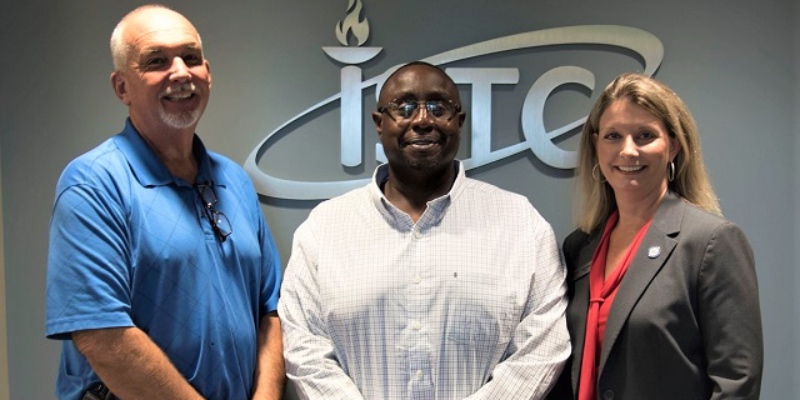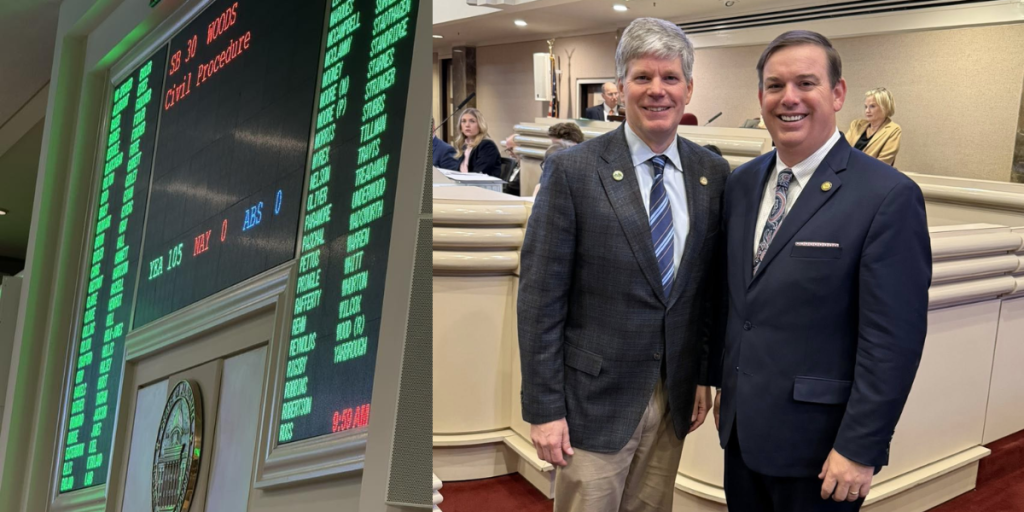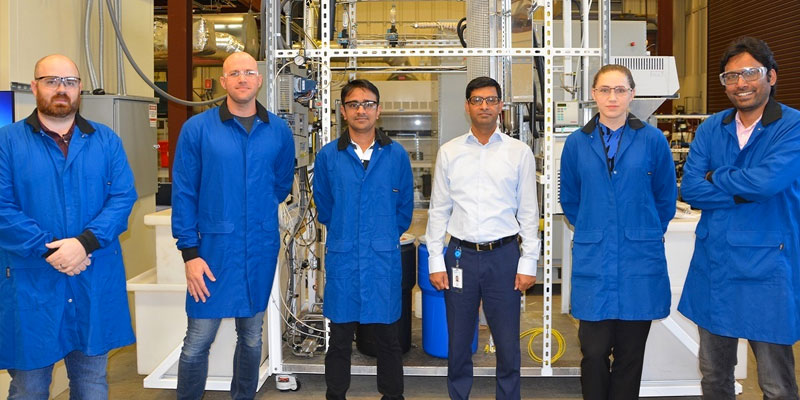Having the skills to perform a new, in-demand job, can be life-changing. For people coming out of prison, the transformation can be even more remarkable.
That’s the belief behind a program at Alabama’s Ingram State Technical College in Deatsville. Inmates coming out of prison in the state work with ISTC instructors to earn certifications in barbering, HVAC, plumbing and 14 other career and technical programs.
Thanks in large part to a grant from Alabama Power Foundation, the heating, ventilation and air conditioning program has grown tremendously at ISTC. The program awards associate of applied technology degrees, short-term certificates and industry certifications. Each of the awards has different credit hour requirements. To date, 255 students have earned credentials, including for the Occupational Safety and Health Administration 10-hour general safety course, Environmental Protection Agency refrigerant handling and certified logistics assistant certificates. More than 200 students have been placed in jobs this year.
“We’ve been fortunate that Alabama Power has donated some equipment to us, and grants that have bought us equipment, and fortunate to have a lot of hands-on experience,” instructor Stan Humphries said.
ISTC works with more than 300 inmates at six sites to give them a trade and direction after their release. Former inmates like Robbie Wright are thankful for the second chance.
“It’s been a smooth transition for me,” Wright said. “I’ve been working for 71 or 72 days and haven’t run into any problems that he (Humphries) didn’t tell me about, and I know the proper training that I need.”
Annette Funderburk, president of ISTC, said grants like those from Alabama Power Foundation help give inmates a head start.
“The college cannot use our education funds for credentials, so the Alabama Power grant has helped in that way,” she said, adding those credentials “allow our students, once they graduate and once they’re released, to have those credentials in their hands when they go to the interviews and have an opportunity that maybe someone on the street might not have.”
(Courtesy of Alabama NewsCenter)













